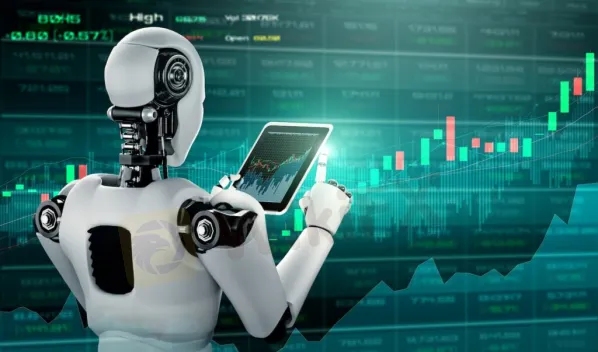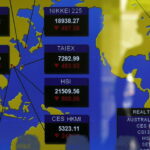As AI revolutionizes forex trading, it’s also shaking up the market in ways that aren’t all positive. Picture this: ultra-fast, AI-powered trading algorithms causing massive price swings in seconds, making the market more unpredictable than ever. But that’s just the tip of the iceberg. Some of these sophisticated AIs could be used to manipulate markets, creating false impressions and tricking traders.
AI’s dependence on historical data also risks repeating past mistakes, unable to adjust to new trends. Imagine an AI stuck in a loop, making decisions based on outdated scenarios, leading to missteps in an ever-evolving market.
Then there’s the human element—or lack thereof. Over-reliance on AI might push human intuition out of the equation, leaving traders blind to the subtle market cues that only experience can reveal. The result? Missed opportunities and critical insights lost in the data shuffle.
And let’s not forget the elephant in the room—job displacement. As AI takes on more trading tasks, human traders might find themselves outpaced, leading to potential job losses and a market dominated by a few big players.
In essence, while AI promises to enhance forex trading, it’s a double-edged sword. The industry must navigate these challenges carefully to ensure a balanced, fair, and sustainable trading environment.




